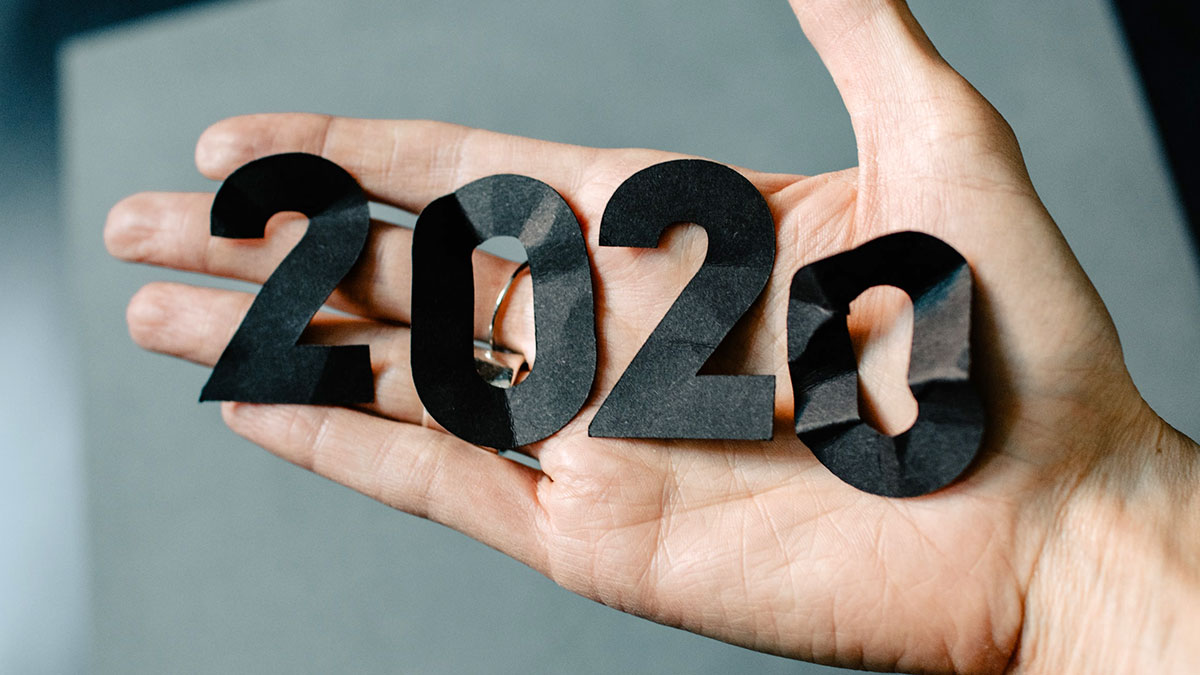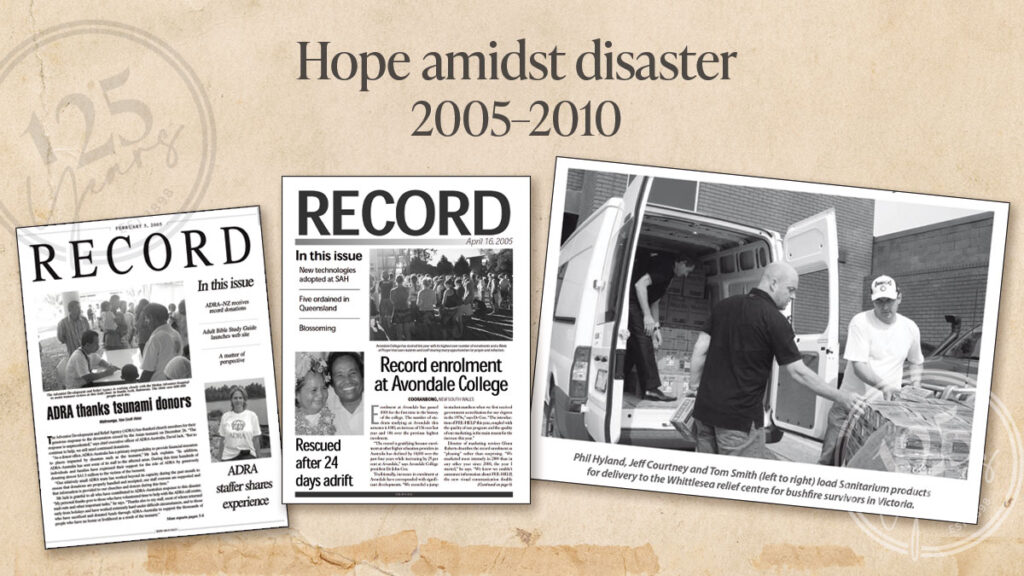There are only 12 days left in 2020. Go ahead—count ‘em up . . .
What a year it’s been. Bushfires burned more than 11 million hectares across Australia1, claiming the lives of 34 people and countless animals. The world was introduced to the coronavirus.2 Prince Harry and Meghan Markle stepped away from their roles as senior royals. A Ukrainian flight was shot down in Iran, killing all 176 passengers on board. Kobe Bryant, his 13-year-old daughter and seven of their friends died in a helicopter crash. Brexit finally happened.
And that was just January. Things only continued to snowball from there.
As the months dragged/flew by, something interesting happened. We began to regard—and refer to—2020 not so much as a run-of-the-mill calendar year but as a sort of villain or enemy constantly on the attack.
Global recession . . . Yep. Thanks, 2020. Beirut explosion . . . 2020 strikes again. Biden declared winner; Trump declares conspiracy . . . Makes sense. It’s 2020.
I too was/am guilty of this anthropomorphising. A few weeks ago I took my car to a mechanic for what I thought was going to be a routine service. What I got instead was a rundown of all the things that needed to be fixed, the final quote being 10 times more than the car is probably worth.
Just to be clear, I love my car. My dad bought it for me in May 2009, seven months before he suddenly passed away. It’s old and the paint is shedding like a lizard, but it’s my car—the only one I’ve ever owned. [pullquote]
“Ahh, that sucks,” I said to the mechanic, upon realising and accepting my car’s impending demise. “2020, hey? Sounds about right.”
While such comments are tongue-in-cheek, there is a danger of taking this personification too far, whereby we look at 2020 not so much as a record of events but as the reason for our hardships and failures, ultimately excusing us of any responsibility.
There are things we could pin on the pandemic, such as the loss of a job or the lack of time spent with family and friends. Yet there are other things for which we must take ownership. We can’t blame 2020 for the rise in domestic violence.3 We can’t blame 2020 for the increase in online abuse and revenge porn.4 We can’t blame 2020 for the loss of our own spirituality. While this year’s unique set of circumstances has infringed upon the way we do life, it hasn’t inhibited our ability to choose. As noted by Austrian Holocaust survivor and psychiatrist Viktor Frankl, “Everything can be taken from a man [or woman] but one thing: the last of the human freedoms—to choose one’s attitude in any given set of circumstances, to choose one’s own way.”5
It’s much easier to focus on external events than it is to take inventory of our own thoughts, words and actions. However, that’s exactly what we are called to do. “Let’s take a good look at the way we’re living,” wrote Jeremiah, “and reorder our lives under God” (Lamentations 3:40, MSG).6
This is something we often aim to do at the beginning of a new year. However, as author Gretchen Rubin once said, “What you do every day matters more than what you do once in a while.”7
As crazy as this year has been, 2021 can wait. There are still 12 days left in 2020. Go ahead—count ‘em up . . . and make ‘em count.






